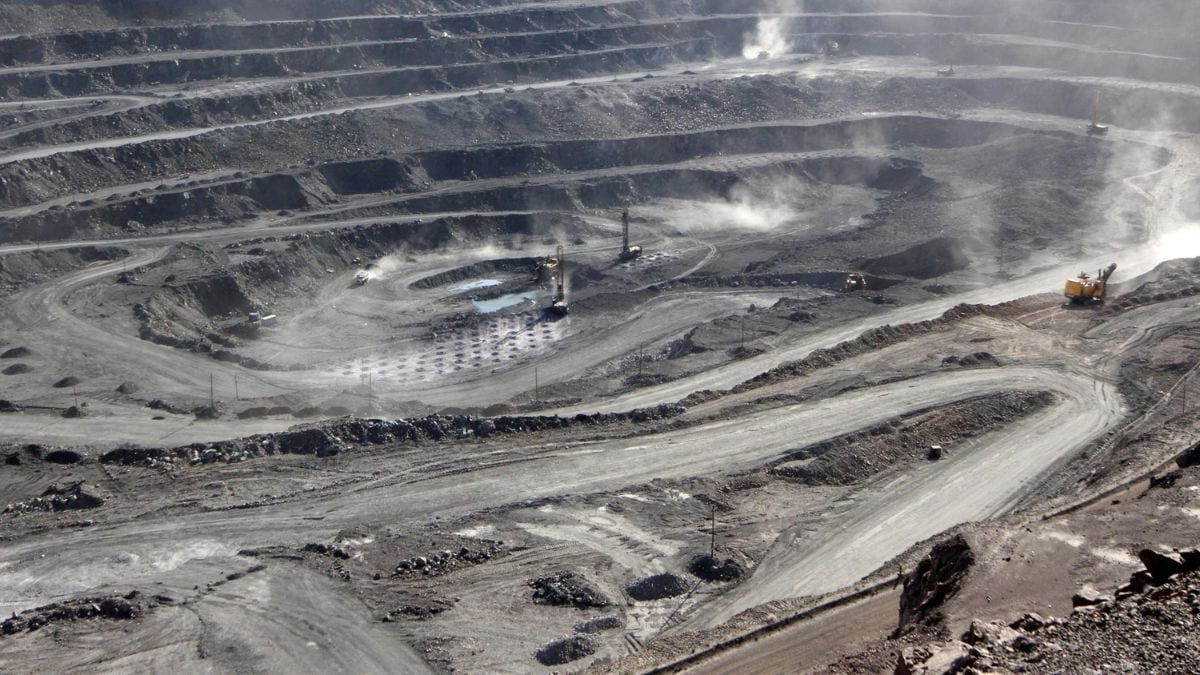

India is actively taking steps to reduce its dependence on rare earth minerals, particularly in light of recent export restrictions imposed by China. These minerals are crucial for various sectors, including automobiles, clean energy, and electronics. China's control over a significant portion of the global rare earth processing and magnet production has created vulnerabilities, prompting India to seek alternative supply chains and boost domestic production.
The Indian government is engaging with China on trade issues related to rare earth materials, aiming to streamline the supply chain. The Ministry of External Affairs (MEA) has stated that discussions are ongoing in both Delhi and Beijing to address these concerns. Commerce Secretary Sunil Barthwal has also highlighted India's engagement with industry organizations like the Society of Indian Automobile Manufacturers (SIAM) and the Automotive Component Manufacturers Association of India (ACMA) to mitigate risks to the auto sector.
To incentivize domestic production, India is finalizing a scheme with an outlay of ₹3,500-5,000 crore. This scheme aims to promote the production of rare earth minerals and derived magnets within the country. The government anticipates approving the scheme soon, prioritizing the rapid commencement of domestic critical mineral production.
Several Indian companies have already approached the government with proposals to establish in-house magnet supply chains. Midwest Advanced Materials, Entellus Industries, and Indian Rare Earths (IREL) are among the companies that have presented their plans. Midwest Advanced Materials, for example, plans to produce 500 tonnes of rare earth magnets per annum and expects to produce custom-made magnets by the end of 2026. IREL, a state-owned miner with exclusive mining rights, is developing its processing infrastructure to increase neodymium production.
In a related move, India has reportedly instructed IREL to suspend rare earth exports to Japan under a 2012 bilateral agreement. This decision aims to secure domestic supply and reduce reliance on China. The order, discussed in a high-level meeting led by Commerce Minister Piyush Goyal, specifically targets neodymium exports.
Furthermore, India is exploring partnerships with Central Asian countries like Kazakhstan, Kyrgyzstan, Tajikistan, Turkmenistan, and Uzbekistan for joint exploration of rare earth and critical minerals. This initiative was discussed at the recent India-Central Asia Dialogue and seeks to diversify India's sources of these essential materials.
Commerce and Industry Minister Piyush Goyal has described China's export restrictions as a global "wake-up call," emphasizing India's commitment to building alternative supply chains. The government is positioning India as a trusted partner for international businesses looking to reduce their dependence on Chinese suppliers.
These measures reflect India's proactive approach to securing its rare earth mineral supply chain, reducing its dependence on China, and fostering domestic production capabilities. By implementing strategic policies and incentivizing local manufacturing, India aims to ensure a stable supply of these critical minerals for its growing industries.